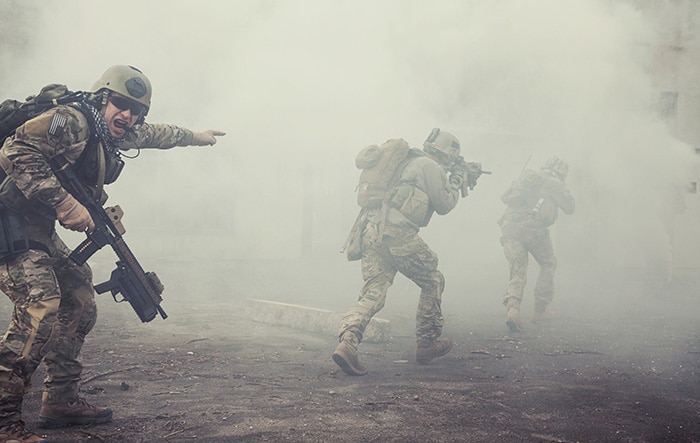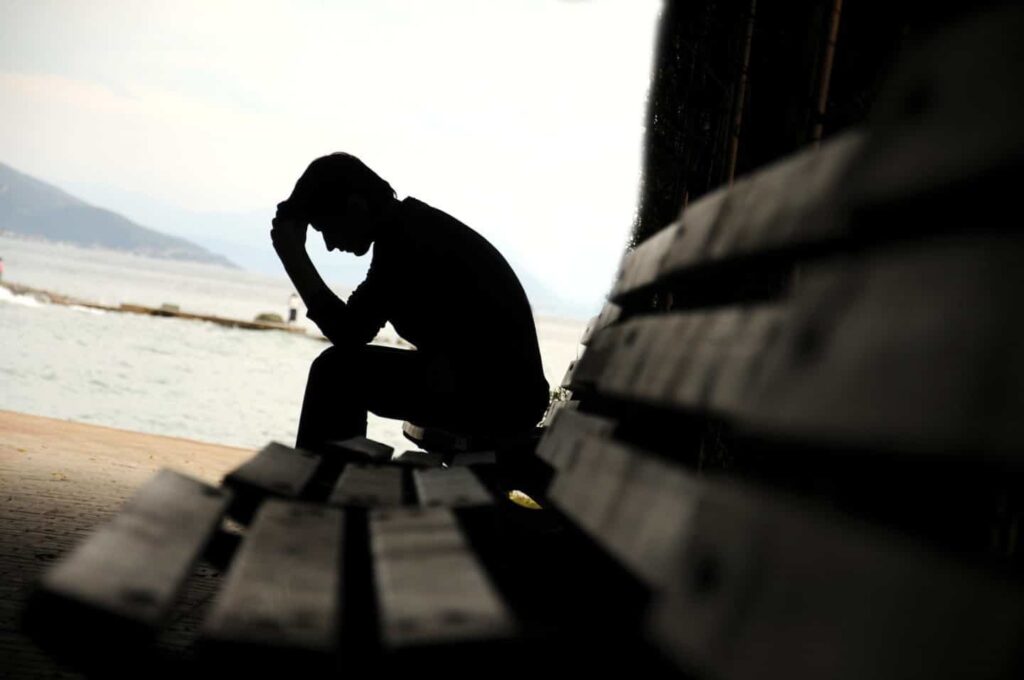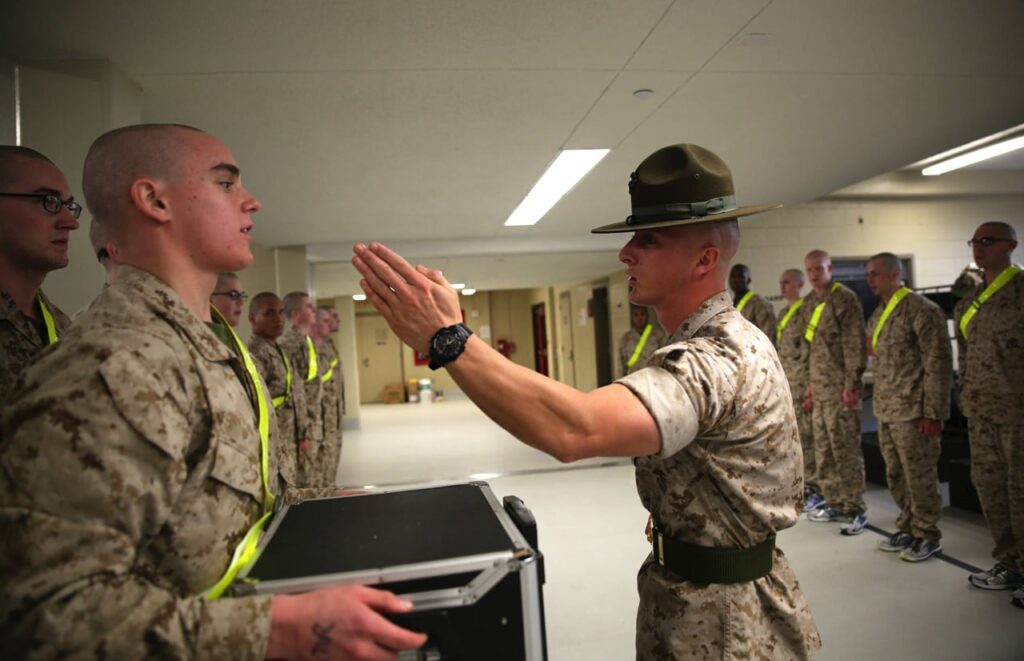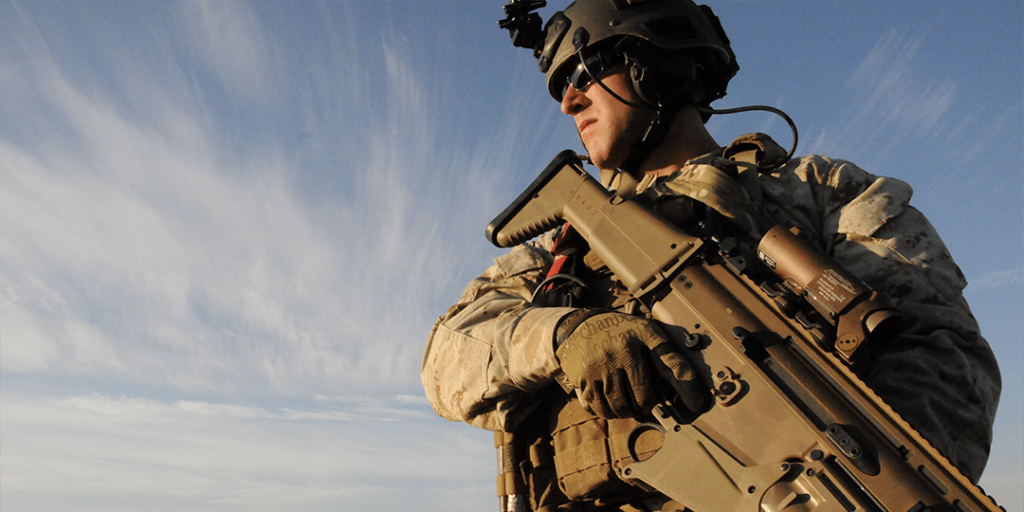
- The App
- Sandboxx News
- Resources
Learn
- Company
About
Become a Partner
Support
- The App
- Sandboxx News
- Resources
Learn
- Company
About
Become a Partner
Support
I was honored to have the opportunity to interview author and former U.S. Army captain and Iraq War veteran Matt Gallagher. Matt and I were...
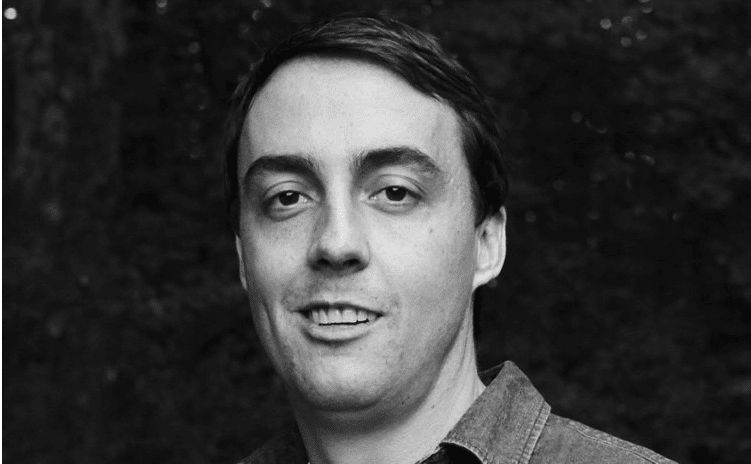
I was honored to have the opportunity to interview author and former U.S. Army captain and Iraq War veteran Matt Gallagher. Matt and I were first introduced when we published our debut novels with the same publishing house. This year, he published his fantastic new novel, Empire City. It’s an alternate history set in a world where America created a foreign legion to remain in the Vietnam War, and it’s an incredible book.
Tim O’Brien, author of The Things They Carried, called it “a passionate, scary, wise, and perhaps even prophetic novel.” Phil Klay, author of Redeployment, said of the book, “Part political thriller, part satire, part fevered reflection of a deeply troubled American culture… the cracked vision of America he creates is a monstrous thing of beauty.”
Matt’s resume is impressive: He is a Wake Forest graduate and the author of the acclaimed novel Youngblood and the memoir Kaboom: Embracing the Suck in a Savage Little War. He holds an MFA in fiction from Columbia and has written for The New York Times, The Atlantic, Esquire, and The Paris Review.
Empire City is available on Amazon, Barnes & Noble and Indiebound.
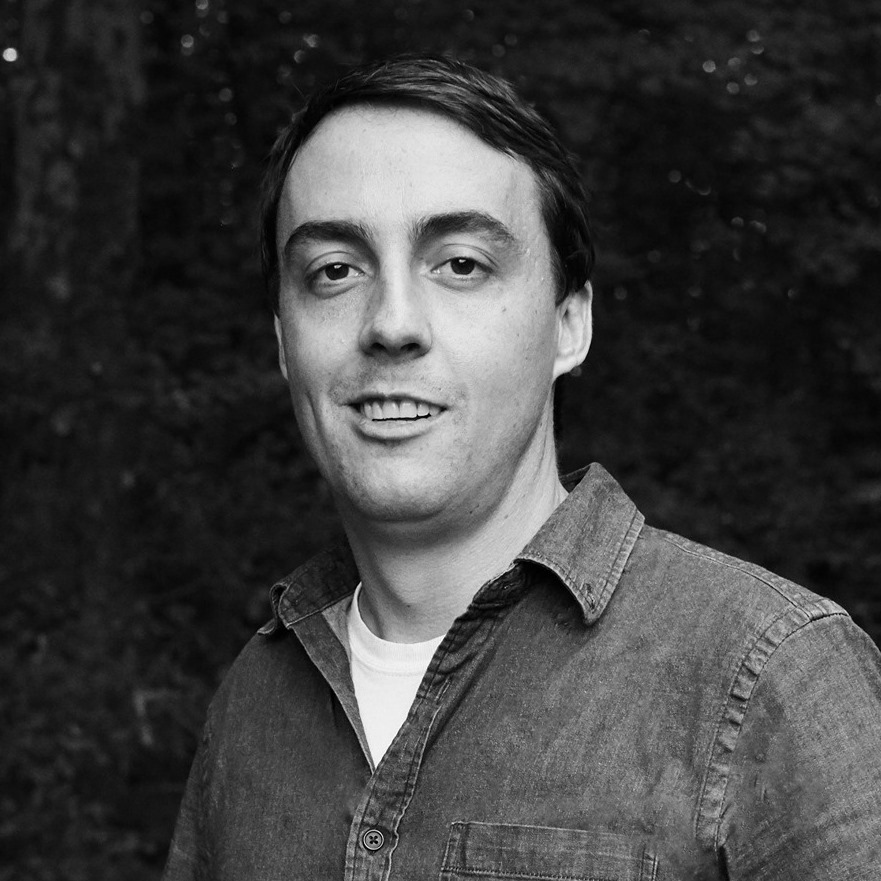
Can you give us a brief background of your military service?
After four years of ROTC at Wake Forest University, I commissioned into the Army as a second lieutenant in 2005. I was assigned to the 25th Infantry Division at Schofield Barracks, Hawaii (someone has to be stationed there, after all) and deployed to Iraq as a scout platoon leader in 2007. We were there for fifteen months, part of General Petraeus’ “Surge,” and returned to Hawaii in early 2009. A few months later, I received my honorable discharge and became a civilian again.
When you were deployed to Iraq, you wrote an anonymous blog, Kaboom, about your frontline experiences. It was shut down when you wrote about how you turned down a promotion so that you could stay with your soldiers. Did the people serving with you know you were the author? What was their reaction?
The blog was an escape from our day-to-day travails, something I maintained to make sense of the strangeness and violence and contradictions of life as a counterinsurgent. Years later, I’d liken it to a jigsaw puzzle – writing helped put the pieces together of our various patrols and interactions with Iraqi locals. In the moment, though, it was just something I did every few days when I had a free hour or two, to update family and friends. Everyone I served with knew about it, some of them shared it with their families – it was anonymous in that I used nicknames for everyone and obscured our whereabouts in Iraq, but that was done for operational security reasons. I was very mindful of that! Of course, then it got shut down anyhow, after I detailed an unpleasant conversation I had with our squadron commander. He was an asshole, but I was a bit of a punk, and you can’t make fun of your boss on the internet, whether you’re a circus trainer or a junior officer in the military.
You have written both nonfiction and fiction. Do you find one easier to write?
I find nonfiction a bit smoother to write, if not easier, because the contours and limits of a piece are naturally shaped by the knowns of the world. Fiction takes more work on the prewriting front, is often a more difficult beast to wrangle in revisions, but ultimately more fulfilling once I get it right. The more I do of both, the more I find they complement one another, for floaty, ethereal reasons I have trouble giving a concrete explanation for.
What inspired your idea for Empire City, which takes place in an alternate present when the U.S. has won the Vietnam War?
The seed for Empire City, or “germ” as Henry James would refer to it as, came in 2016 or so, as I was brooding over how America’s become mired in these endless, post-9/11 wars, with, to my eyes at least, a military fighting them separate and apart from the citizenry as a whole. How did this happen only a generation or so after Vietnam? I knew already that I wanted to write something speculative, something different, as my first two books Kaboom (2010) and Youngblood (2016) had been written in the tradition of hard realism. So one thing led to another, and I began building an openly imperial America that had never suffered defeat in Vietnam, that had been allowed to maintain its myth of invincibility. How did that impact society, what did that look like in individual souls? History books on ancient Rome and the high British empire helped, but a lot of it was good ole’ fashioned imagination.
If you could have dinner with three authors, living or dead, who would they be?
Great question that I had a lot of fun thinking over. In the end, I’ll go with Joan Didion, James Baldwin and Anton Chekhov – Didion and Baldwin to hear about how they bore witness to (and sometimes participated in) American history and transformed it into significant literature, Chekhov because unlike so many of the dead greats, he has a reputation for being a friendly, engaging person. Who wants to dine and drink with a jerk?
What is one piece of advice you would give to servicemembers who are thinking about writing?
Experience and authority are not the same. A lot of my writing students who are veterans get tripped up by this, as did I, after I first got out of the Army. Crafting something that’s compelling and reads lived on the page needs to transcend “That’s how it happened,” for the simple reason that writing is artifice, an act of communication, not expression. This is not to dismiss one’s memories or experiences, especially from their time at war – those are sacred, and belong to a person as long as they walk this earth. But good writing, even writing that’s interested in chronicling a lived experience close to the bones of it all, remembers it’s about bringing others to that place and time.


